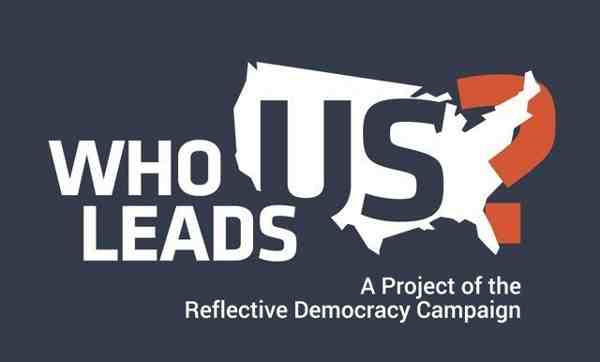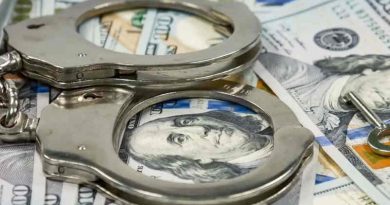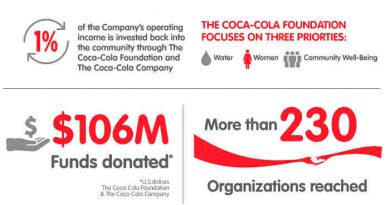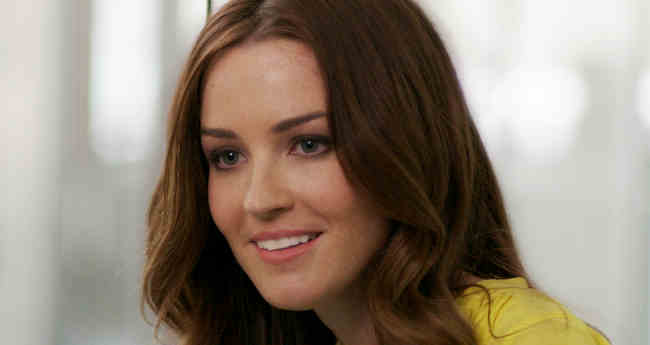White vs. Black: Bias in the U.S. Criminal Justice System

An analysis by the Women Donors Network’s Reflective Democracy Campaign entitled Justice for All? shows that 95% of elected prosecutors in the U.S. are white and 79% are white men.
This reveals a stark imbalance between those with enormous power in the criminal justice system and the people they are elected to represent.
“Americans are taking a new look at the relationship between race, gender, and criminal justice—in the failures to indict police officers from Ferguson to Staten Island, the rogue prosecutions of women who terminated their pregnancies from Indiana to Idaho, and in the epidemic of mass incarceration,” said Donna Hall, president and CEO of the Women Donors Network.
“Elected prosecutors have an enormous influence on the pursuit of justice in America, yet 79% of them are white men whose life experiences do not reflect those of most Americans.”
[ Black Girls Rock with First Lady Michelle Obama ]
Prosecutors decide whether to pursue a criminal case or not, whether a crime will be charged as a misdemeanor or a felony, and even whether prison time is served and how long.
In the U.S., positions responsible for criminal prosecution range from County District Attorneys to State Attorneys General. The Justice for All? research counted 2,437 elected prosecutors holding office in the summer of 2014, matching race and gender to those individuals using voter file records, review of publicly-accessible resources, and direct inquiry to officials.
[ President Barack Obama Discusses the Recent Unrest in America ]
In many instances, prosecutors face election in “down-ballot” races that take place in off-year elections when voter turnout is at its lowest. The result is that these powerful positions are not subject to a rigorous and democratic system of checks and balances.
In fact, according to a recent study by Ronald Wright, a professor at Wake Forest University School of Law, 85% of all incumbent prosecutors run unopposed.
“The tremendous power and discretion in the hands of prosecutors, combined with the concentration of those positions among one demographic group, virtually guarantees inequality in our criminal justice system,” said Brenda Choresi Carter, director of the Reflective Democracy Campaign.
“In the context of such skewed numbers, when a white male prosecutor fails to secure an indictment in Ferguson and another sends a woman of color in Indiana to prison for 20 years for feticide, we have to ask serious questions about systemic bias.”
[ Also Read: GOP Wants to Take Back the White House ]
The Justice for All? research was released in conjunction with a conference call with national organizations whose advocacy work is connected to the role of elected prosecutors, including:
Bryan Stevenson, Executive Director of the Equal Justice Initiative, which provides legal representation to indigent defendants and prisoners who have been denied fair and just treatment in the legal system and advocates for criminal justice reform.
Lynn Paltrow, Executive Director of National Advocates for Pregnant Women, which works to secure the human rights of pregnant and parenting women, particularly low-income women and women of color most vulnerable to state control and punishment.
In addition to open access to the full database of 2,437 prosecutors, the site includes infographics and additional background information to engage the public and the advocacy community on this crucial issue.
Other key findings of Justice for All? include:
- 3/5 of states, including Illinois, have no elected Black prosecutors.
- In 15 states, all elected prosecutors are white.
- Outside of Virginia and Mississippi, only 1% of elected prosecutors are Black.
- Latinos are 17% of the population, and only 1.7% of elected prosecutors.
- Only in New Mexico are white men less than 50% of elected prosecutors
- There is only one state (Maine) where the percentage of women prosecutors matches their percentage of the population (50%).
Justice for All? builds on the Reflective Democracy Campaign’s research released in October 2014 revealing the race and gender of 42,000 elected office holders in the U.S., from the President down to the county level.
Women Donors Network is a community of progressive women philanthropists who contribute to a more just and fair world through collaborative learning and action.
The Reflective Democracy Campaign works to increase the power of women and people of color in American public life through research, catalytic grantmaking, and strategic communications.






